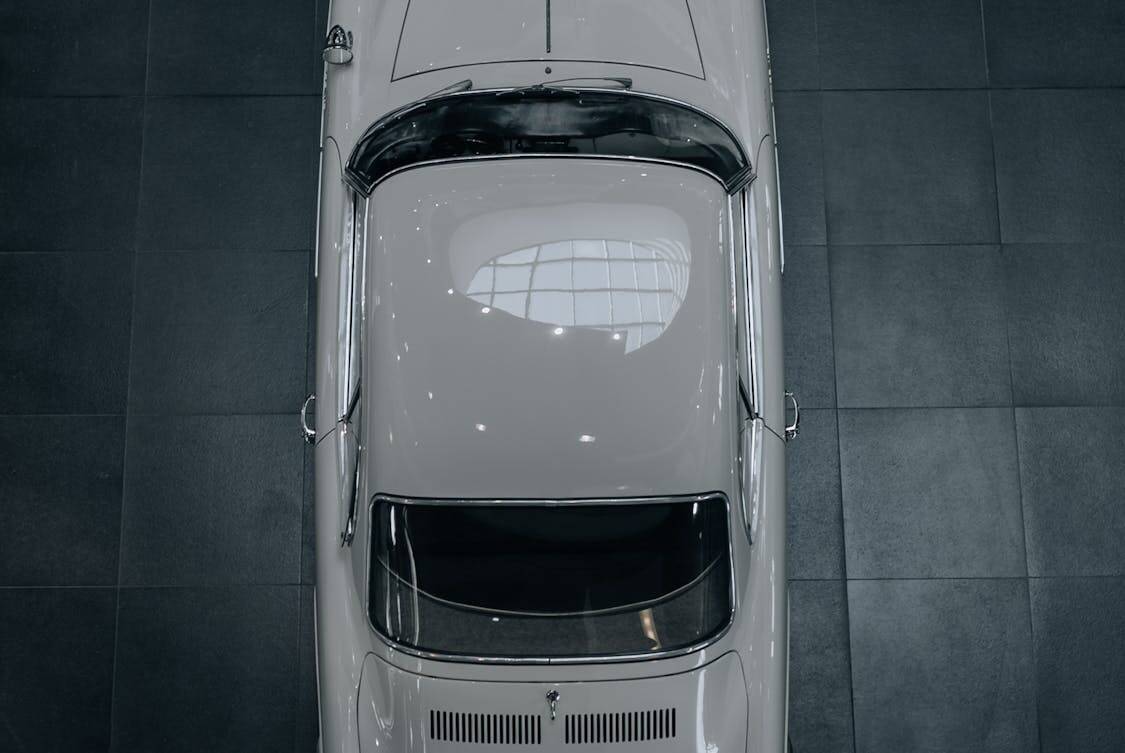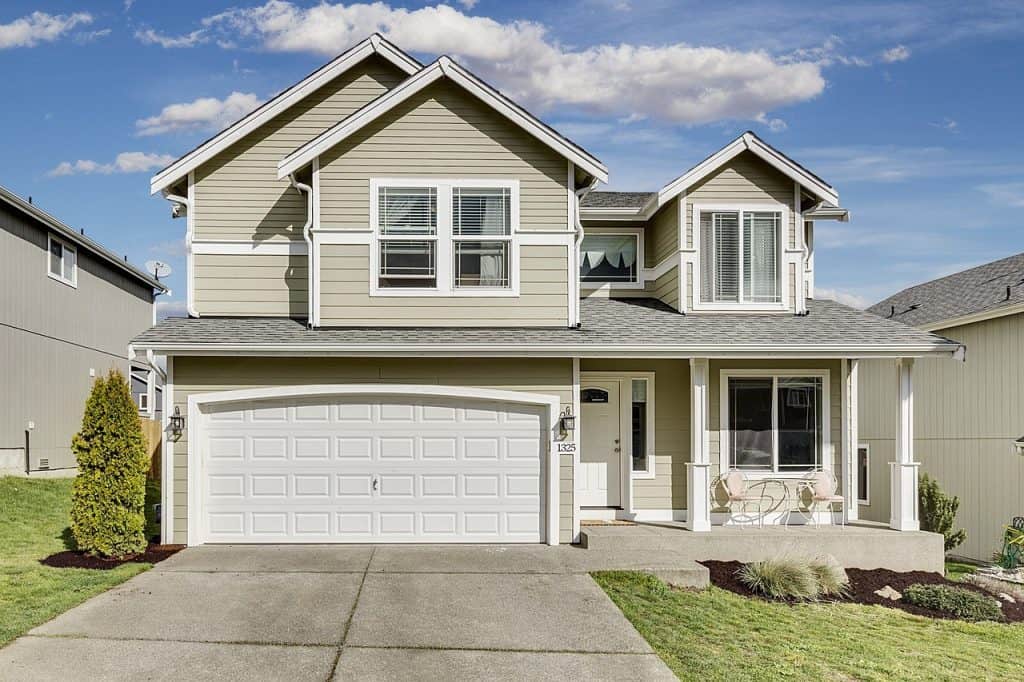When it comes to garages, the floor takes a beating. From heavy vehicles and equipment to spills and stains, a garage floor must withstand a lot.
Selecting the most suitable flooring option requires careful consideration. This article will walk you through the various choices available, helping you make an informed decision.
Understanding the Importance of Garage Flooring
Garage flooring is not just a surface to walk on; it plays a role in safety, durability, and aesthetics.
For a garage that’s frequently used for maintenance and storage, an ideal floor should resist wear and tear while providing a safe environment. A well-chosen floor can save you time, money, and effort in the long run.
Factors to Consider
Choosing the right garage floor involves weighing several factors, including durability, ease of installation, maintenance, and your budget. Each of these elements influences your decision-making process. It’s essential to assess your specific needs, as every garage is unique.
Durability
When it comes to durability, the right choice can make all the difference. Look for materials engineered to withstand heavy loads, impacts, and constant exposure to chemicals.
Concrete, epoxy, and vinyl are popular options, each with its unique properties. For instance, concrete is robust but can be prone to cracking if not treated properly.
If you’re aiming for long-term strength and minimal upkeep, consider seamless garage coatings built for durability that can handle everything from vehicle traffic to chemical spills with ease.
Maintenance
Maintenance is another key factor. Some flooring options require regular upkeep, while others are largely maintenance-free.
For example, sealed concrete may need resealing every few years, while epoxy floors are relatively low-maintenance. Think about how much time and effort you’re willing to invest in maintenance tasks.
Budget
Your budget will also influence your choice. There’s a range of materials available at various price points. While it might be tempting to go for the cheapest option, consider long-term value. Investing a little more upfront may save you from costly repairs down the line.
Popular Flooring Options for Heavy Use
Now that you have an understanding of the factors at play, let’s explore some of the most common flooring options suitable for high-traffic garages.
Concrete
Concrete is a classic choice. It’s incredibly strong and can handle the weight of heavy vehicles without flinching.
A concrete floor can be customized with stains or sealants to improve its appearance and resistance to stains. However, it can become slippery when wet, so consider adding a textured finish or an anti-slip coating.
Epoxy Coatings
Epoxy coatings are a popular choice for garages. They consist of a resin that bonds to the concrete surface, creating a tough, waterproof layer.
This floor option can resist chemicals, oils, and other spills, making it ideal for heavy use. Plus, the shiny finish can enhance the look of your garage. Application requires some skill, so you might want to hire a professional for the best results.
Polyurea and Polyaspartic
If you’re looking for something a little quicker to apply than epoxy, polyurea or polyaspartic coatings might catch your eye. These coatings cure quickly, allowing you to use your garage almost immediately after installation.
They offer incredible durability and resistance to UV rays, making them suitable for areas with sunlight exposure. This option may cost slightly more, but the benefits in performance often justify the price.
Vinyl Flooring
Vinyl flooring has gained popularity for garages due to its versatility and appearance. Available in a variety of designs and colors, vinyl can mimic other materials like tile or wood.
It stands up well against stains and is softer underfoot compared to concrete. However, heavy equipment may cause it to dent, so make sure to choose a thicker variant specifically designed for heavy use.
Tiles

For a more stylish option, tiles can be a great choice. Ceramic or porcelain tiles provide an attractive and durable surface. They are resistant to stains and can handle heavy loads.
However, ensure you use frost-resistant tiles if your garage isn’t temperature-controlled. Installation can be a bit tricky, so consider hiring professionals if you choose this route.
Installation Considerations
Installing flooring in your garage isn’t always a simple task. It’s essential to prep the area properly to ensure longevity. For concrete options, cracks and imperfections should be repaired before applying any coatings.
Make sure the surface is clean and dry. Depending on the flooring material, you may also need specific tools or adhesives.
DIY vs. Professional Help
While some may relish the idea of a DIY project, certain installations might be best left to the pros. For example, epoxy flooring often requires precise application to achieve a smooth finish.
If you’re not confident in your skills, seeking expert help can be a wise decision. This can save you from potential pitfalls and ensure your floor is installed correctly.
Safety Features
Safety shouldn’t take a back seat when choosing a garage floor. Consider options that provide traction to minimize slip risks, especially in areas prone to spills.
Some coatings are specifically formulated with non-slip additives to enhance grip. If you’re working with heavy machinery or tools, this feature can be a lifesaver.
Chemical Resistance
Garages are often home to a variety of chemicals, from motor oils to cleaning agents. Opt for flooring that resists chemical spills to avoid damage and maintain appearance.
Epoxy, polyaspartic, and certain vinyl options are excellent in this regard, allowing easy cleanup without harm.
Aesthetic Appeal
While functionality is essential, aesthetic appeal should also factor into your decision. A visually pleasing floor can elevate the overall look of your garage.
Whether you prefer a sleek, modern finish or something more rustic, there are options to suit every taste. Customizable colors, patterns, and textures are readily available.
Customization
Customization can set your garage apart from the rest. Look for options that let you express your style. Stained concrete can add depth, while colorful tiles can make a bold statement.
If you’re going with epoxy, consider decorative flake or metallic finishes to make it truly unique.
Environmental Considerations
Keeping the environment in mind is also beneficial when choosing garage flooring. Some materials are more eco-friendly than others.
Recycled content in vinyl or low-VOC (volatile organic compounds) options for epoxy can reduce your carbon footprint. If sustainability is a priority, researching eco-friendly choices can pay off in the long run.

